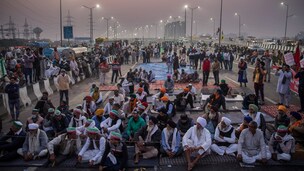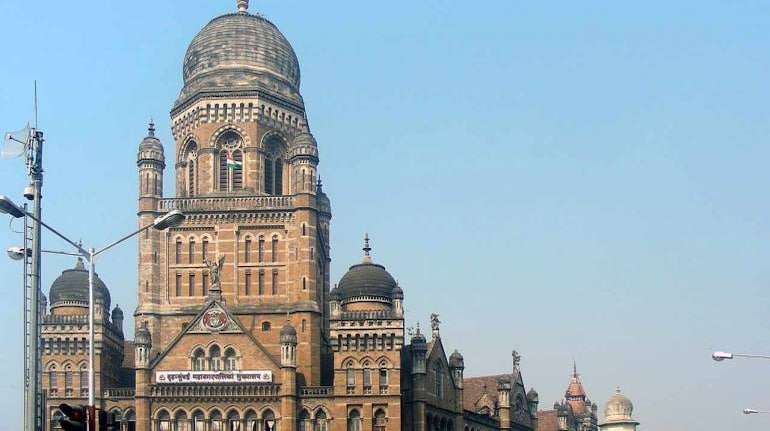The Brihanmumbai Municipal Corporation is setting up a new COVID-19 vaccine storage facility at one its buildings in Kanjurmarg area here, officials said on Wednesday.
The new vaccine storage facility will be in addition to the existing cold storage facilities at four civic-run hospitals in the city, BMC's additional municipal commissioner Suresh Kakani told PTI.
The BMC has identified its own five-storey building at Kanjurmarg in the eastern suburbs for the new COVID-19 vaccine storage facility, which will be set up on its first floor, another civic official said.
Currently, the Sion Hospital, Nair Hospital, KEM Hospital and Cooper Hospital here have vaccine storage facilities, he said.
These hospitals have a limited vaccine storage capacity, which is sufficient for the ongoing vaccination programmes but inadequate for the forthcoming COVID-19 vaccination, Kakani said.
Follow our LIVE blog for the latest updates of the novel coronavirus pandemic
The civic body aims to make the facility at Kanjurmarg ready before this year-end and is initiating the process of procurement of coolers and freezers for the storage of COVID-19 vaccines at low temperatures, he said.
"We are trying to make the vaccine storage facility ready before December 31," Kakani said.
The new vaccine storage facility is being set up considering the city's need for extensive COVID-19 vaccination, and it would be used for long-term, he said.
Kakani said for the storage of vaccines, they are going to install two "walk-in coolers and freezers" each, which could maintain temperature between 2 to 8 degree Celsius and -25 to -15 degree Celsius, respectively.
Till Tuesday, Mumbai reported a total of 2,87,175 COVID-19 cases and 10,920 deaths due to the disease.
Follow our full coverage of the coronavirus pandemic here. 











_2020091018165303jzv.jpg)



























